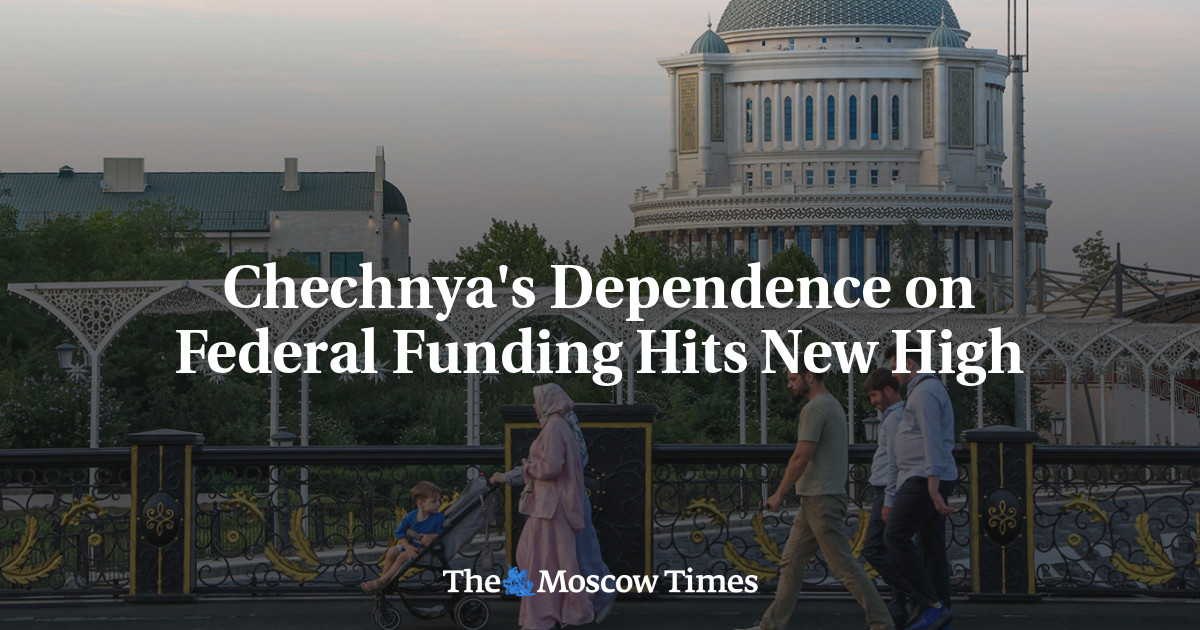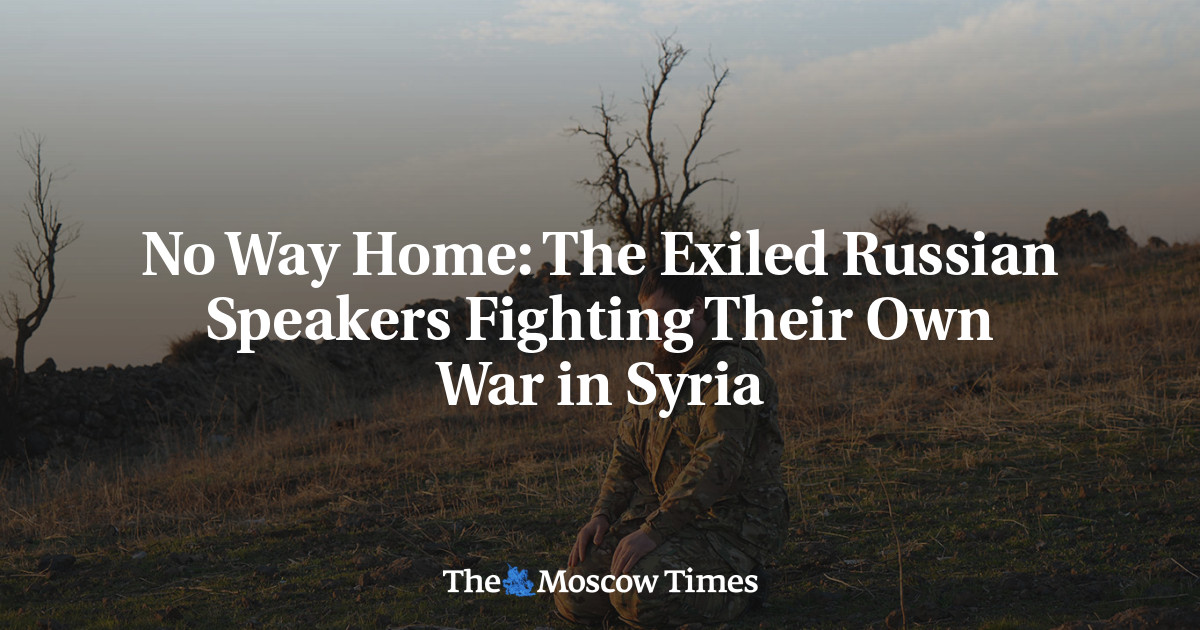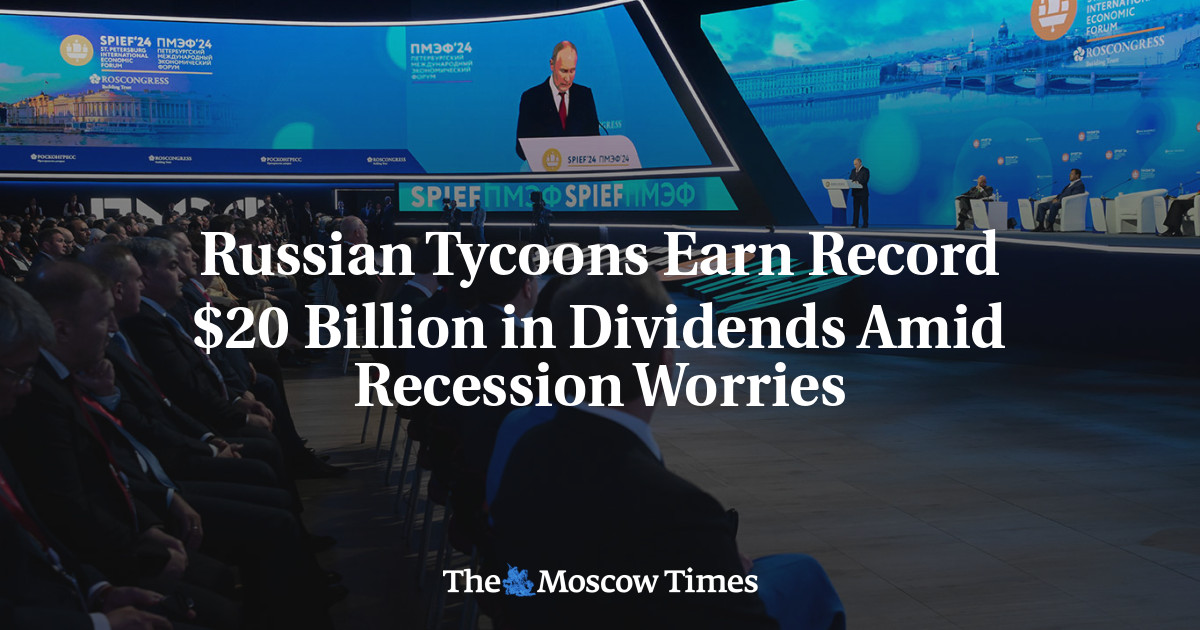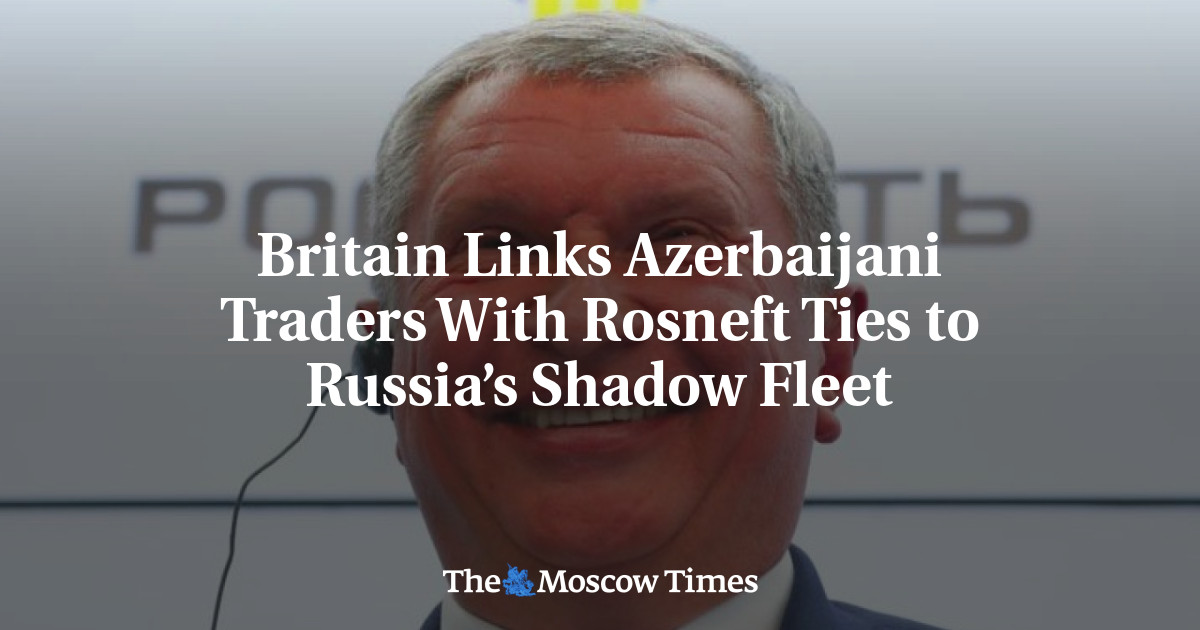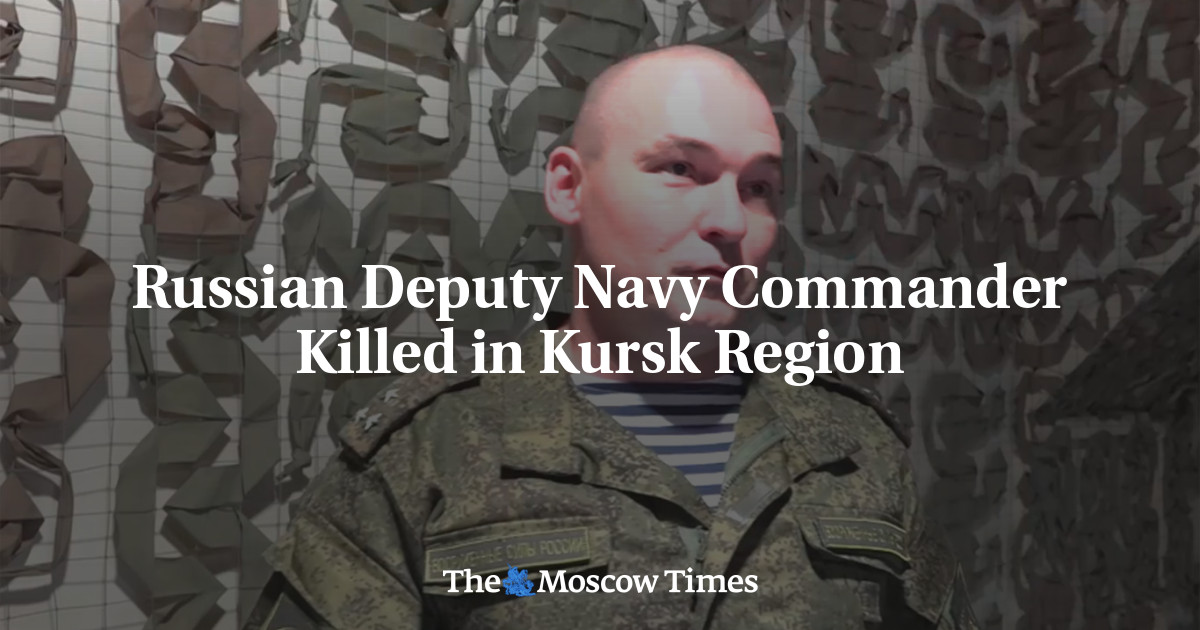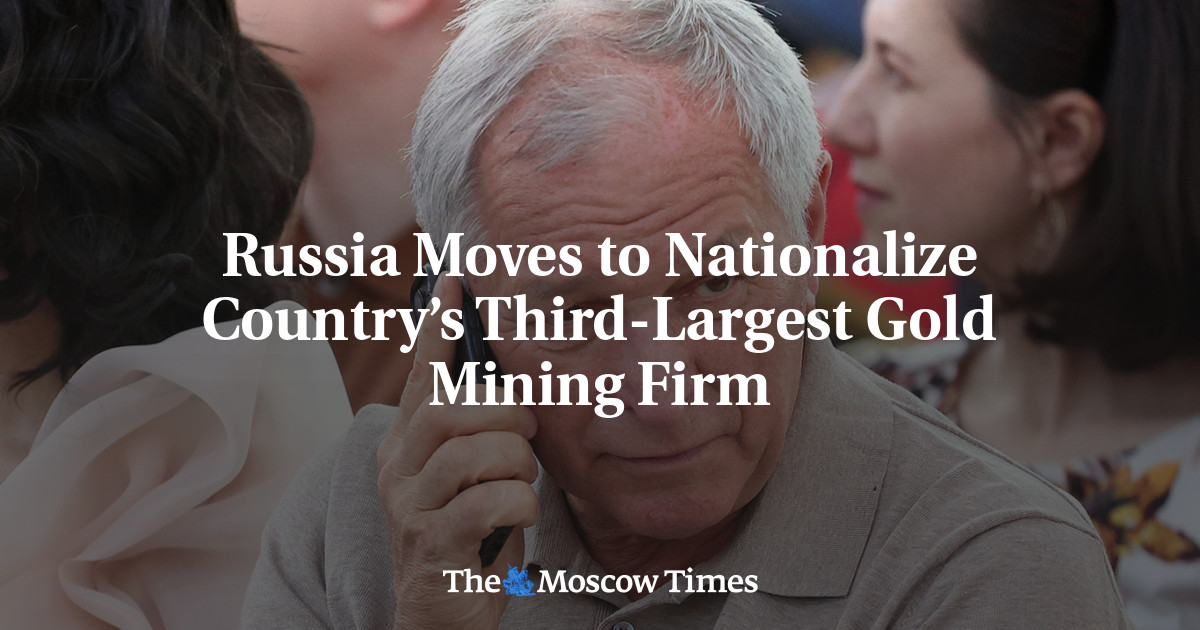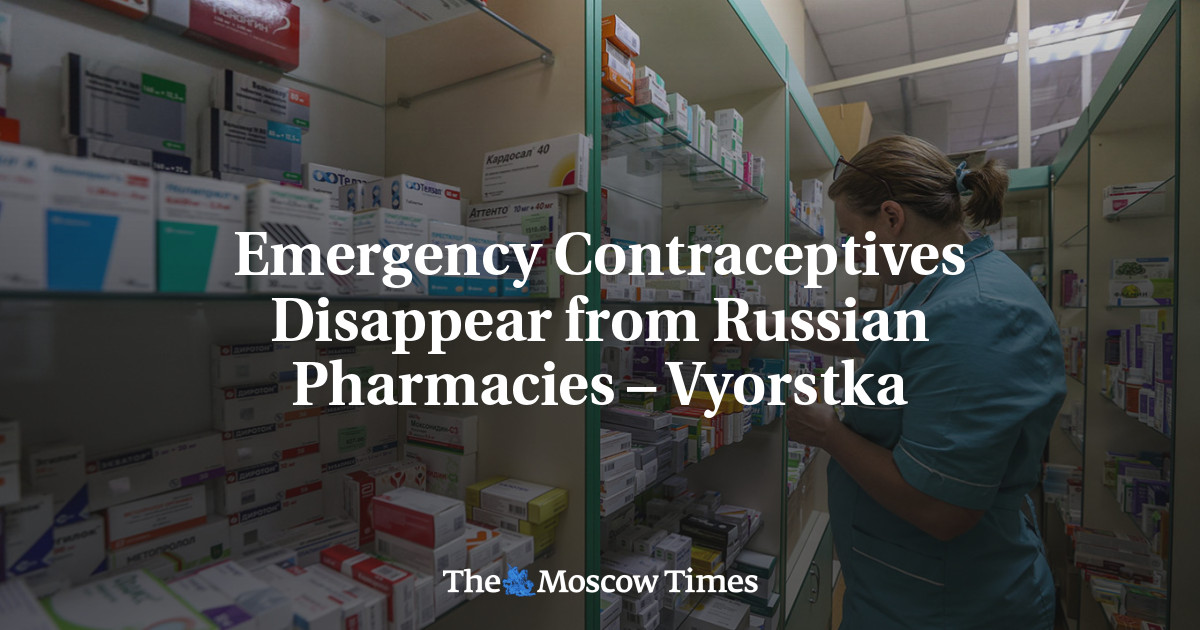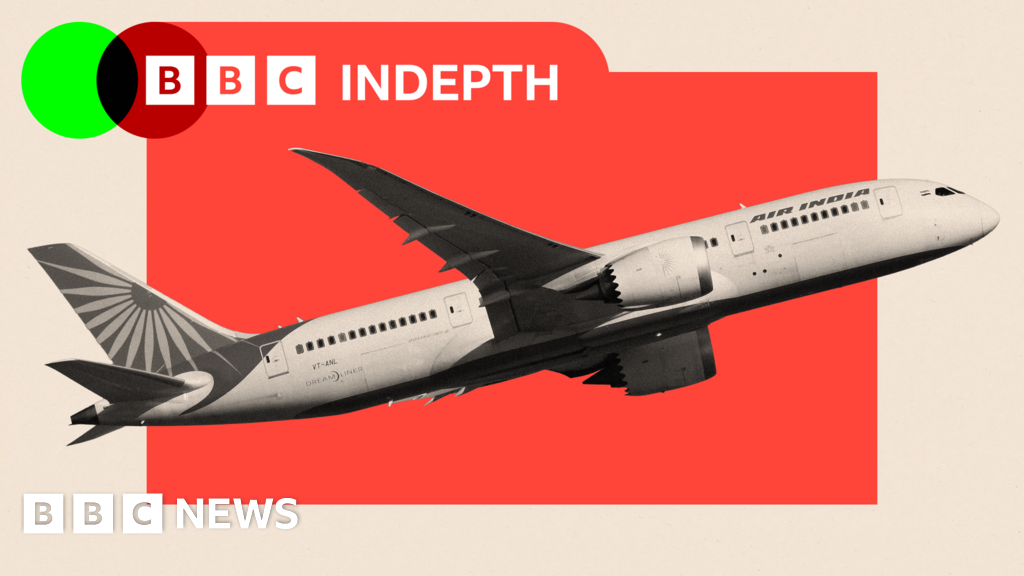A team of Russian negotiators arrived in Istanbul on Thursday for the first direct peace talks with Ukraine in more than three years, Russia’s Foreign Ministry confirmed, adding that the officials were ready for “ready for serious work,” even as details about the discussions remained unclear just hours before they were supposed to begin.
President Vladimir Putin rejected Ukrainian President Volodymyr Zelensky’s bold offer to meet with him in person during the negotiations, instead tapping his aide and former culture minister Vladimir Medinsky to lead the talks. Medinsky also headed the ill-fated 2022 peace talks with Ukraine shortly after the full-scale invasion.
Joining Medinsky are Deputy Foreign Minister Mikhail Galuzin, Deputy Defense Minister Alexander Fomin and Igor Kostyukov, the head of Russia’s military intelligence agency (GRU), according to a Kremlin directive published late Wednesday. A group of expert advisers, including senior officials from the Foreign and Defense Ministries and the presidential administration, will also attend.
The Kremlin released a video showing Putin meeting with the negotiation group late Wednesday. Several other top officials were seen present at that meeting, including Defense Minister Andrei Belousov, Russia’s chief of the General Staff Valery Gerasimov, Security Council Secretary Sergei Shoigu and Federal Security Service (FSB) Director Alexander Bortnikov.
Ukraine has not yet said who will be a part of its delegation in Istanbul, nor has it confirmed whether it will send any of its officials to meet with the Russian negotiators. After arriving in Ankara on Thursday afternoon to meet with Turkish President Recep Tayyip Erdoğan, Zelensky dismissed the makeup of Russia’s negotiating team.
“Nothing has been confirmed officially, but from what we’ve observed, it looks more like a theatre prop than a serious one,” he was quoted as saying by The Guardian. “What we do know for certain is who actually makes decisions on the Russian side. And we will act accordingly.”
Zelensky said earlier this week that he was ready to meet only with Putin during his visit to Turkey, refusing to sit down with lower-level Russian officials. In Ankara, the Ukrainian president said he would determine his position on the negotiations after his meeting with Erdoğan.
Ukrainian Foreign Minister Andriy Sybiha was in the Turkish city of Antalya on Thursday to attend a NATO meeting, where he met with U.S. Secretary of State Marco Rubio and Republican Senator Lindsey Graham.
Rubio said at the NATO meeting that Washington was growing “impatient” amid efforts to strike a peace deal between Russia and Ukraine, and willing to consider “virtually any mechanism” to reach a lasting end to the war.
“Obviously, we’re in a very difficult spot right now, and we hope that we can find the steps forward that provide for the end of this war in a negotiated way and the prevention of any war in the future,” the secretary of state said.
In Istanbul, dozens of reporters gathered outside Dolmabahçe Palace, where the talks are rumored to be taking place. Turkish officials have not confirmed where the discussions will take place, while Russia’s Foreign Ministry said they will begin sometime in the afternoon or evening on Thursday.
Both Ukraine and Russia are trying to show U.S. President Donald Trump, who has called for a quick end to the war, that they are committed to finding a diplomatic solution to resolving the conflict.
However, after months of U.S.-led shuttle diplomacy and several rounds of mediated negotiations, the two warring sides do not appear any closer to reaching a peace settlement than they did before Trump took office in January.
Trump, who is touring the Middle East this week, said Thursday that he was still considering whether to attend the talks in Turkey. “I was thinking about going, but it is very tough,” he told a business breakfast in Qatar.
“If something happened, I would go on Friday if it was appropriate,” Trump added. “But we have people right now negotiating. I just hope Russia and Ukraine are able to do something. It has to stop.”
Putin proposed direct negotiations with Kyiv during a surprise conference at the Kremlin early Sunday, effectively rejecting a Western-backed 30-day ceasefire in Ukraine that was supposed to begin on Monday. European leaders had threatened Russia with a new round of sanctions if it refused to back the truce.
Zelensky initially appeared to catch Moscow off guard when he agreed to the talks and then raised the stakes by challenging the Kremlin leader to meet with him face-to-face in Istanbul, an idea that Trump supported.
Nevertheless, Russian officials told The Moscow Times this week that Putin did not plan on accepting Zelensky’s offer for an in-person meeting at this stage in the talks, saying that he does not see the Ukrainian leader as his equal and will only agree to meet him in the event of his “public capitulation.”
“Zelensky is only suitable for signing a capitulation. Period,” a Russian diplomat said on condition of anonymity.
Putin and Zelensky have met only once, during the Normandy Four summit in Paris in 2019, as the two countries sought to find a way to end what had then been five years of fighting in eastern Ukraine.
Those talks, attended by French President Emmanuel Macron and former German Chancellor Angela Merkel, failed to deliver any breakthroughs.
Since the full-scale invasion of Ukraine, Russian officials have accused Ukraine of being run by a “neo-Nazi” regime and have called for the country “denazification” and “demilitarization,” often envoking World War II history as a way to justify its current war goals.
Putin has repeatedly said that Zelensky is an illegitimate leader and earlier this year called for him to be replaced.
AFP and Reuters contributed reporting.
A Message from The Moscow Times:
Dear readers,
We are facing unprecedented challenges. Russia's Prosecutor General's Office has designated The Moscow Times as an "undesirable" organization, criminalizing our work and putting our staff at risk of prosecution. This follows our earlier unjust labeling as a "foreign agent."
These actions are direct attempts to silence independent journalism in Russia. The authorities claim our work "discredits the decisions of the Russian leadership." We see things differently: we strive to provide accurate, unbiased reporting on Russia.
We, the journalists of The Moscow Times, refuse to be silenced. But to continue our work, we need your help.
Your support, no matter how small, makes a world of difference. If you can, please support us monthly starting from just $2. It's quick to set up, and every contribution makes a significant impact.
By supporting The Moscow Times, you're defending open, independent journalism in the face of repression. Thank you for standing with us.
Continue
![]()
Not ready to support today?
Remind me later.
 (1).png)
 1 month ago
18
1 month ago
18
